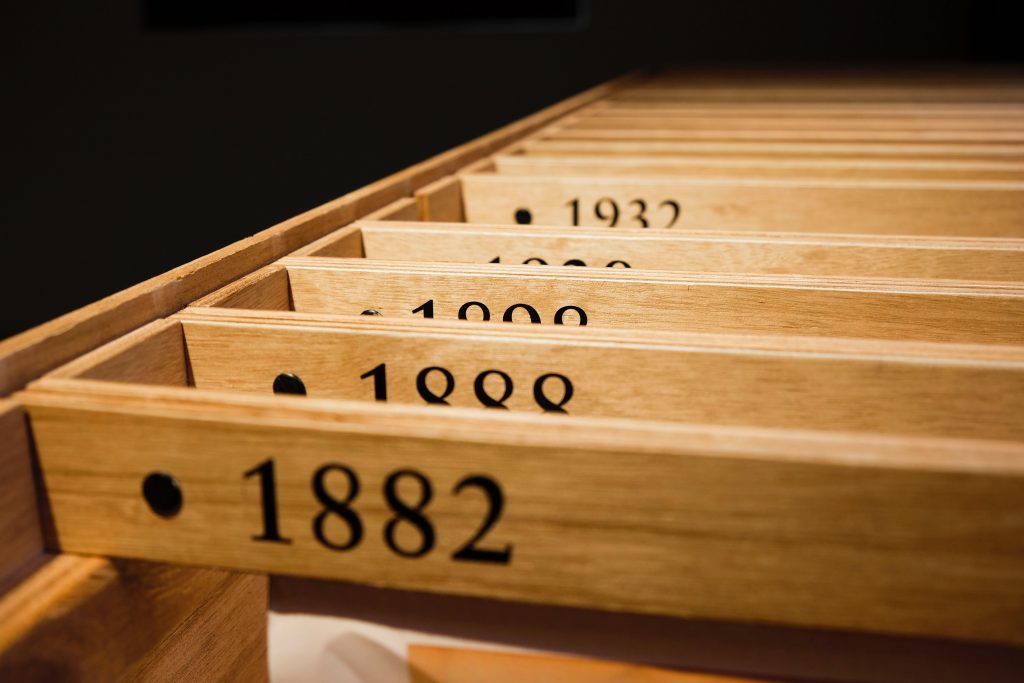ZCNET achieves much higher capacity than existing LPWAN solutions, such as LoRa, Sigfox, etc. For example, the capacity of ZCNET is expected to be over 40 times of LoRa with similar or less resource. By supporting over 40 times more nodes, ZCNET enables much denser deployment of IoT nodes or much higher traffic load, therefore can support a number of potential applications that are challenging for LoRa, which will benefit the society in a number of ways that were previously not feasible.
In this project, many opportunities have been given to graduate and undergraduate students to learn and practice in various aspects of wireless networking, including algorithm design, implementation, and experimental evaluation, which have helped training them to enter the work force either as engineers or teachers.

Larger Network Capacity
ZCNET will achieve much larger network capacity than existing LPWAN technologies due to its unique physical and Medium Access Control (MAC) layer design. By supporting more nodes or higher traffic load, ZCNET will enable new applications that were previously infeasible, and therefore benefit the society at large.

Promoting Undergraduate Research
The PI has a track record of working with undergraduate students in research projects. He has worked with many undergraduate students in the past, who collectively coauthored four papers with him. He will identify and recruit students in his undergraduate classes, as well as in seminars and programming contests.

Outreach and Working with Underrepresented Groups
The PI h as volunteered himself in activities such as free consultation for student entrepreneurs on wireless communication and signal processing technologies. Also, over the years, he has established good working relationships with colleagues in Florida A&M University (FAMU), a historically black university, such as serving as thesis committee members for their graduate students.

Documentation of the Research Results
The research results of this project will be documented and explained on this website, which will include the list of academic publications along with the links, as well as non-technical descriptions of research projects tailored for the more general audience. Experiences will also be shared, such as how to set up and run experiments on the Powder platform.

Curriculum Development Activities
The research in this project will be integrated in the curriculum on an ongoing basis. For example, the PI often teaches CNT5505, Data and Computer Communications, a graduate level class on communications and networking. The ZCNET and LoRa experiments can be used for illustrating the real-world wireless communications. In addition, the decoding of the LoRa signal collected in the real-world may also be used as a Physical layer project, as the core of the decoding of LoRa signal is fairly simple that can be accomplished within 100 lines of code after certain problems, such as synchronization, have been solved.

Graduate Student Mentoring
The PI has started to work with a number of graduate students in this project. Raghav Rathi is a PhD student who currently works on the implementation of the ZCNET on GNU Radio for real-time experimentation. Yaoguang Zhong is a PhD student that has helped with the experimentation of ZCNET. Gradon Stone worked on implementation of LoRa for comparision. Sri Krishna Radhika Adiraju has helped with the implementation of error correction code in ZCNET. The PI meets the students regularly, and discuss in details with the students on their research work.